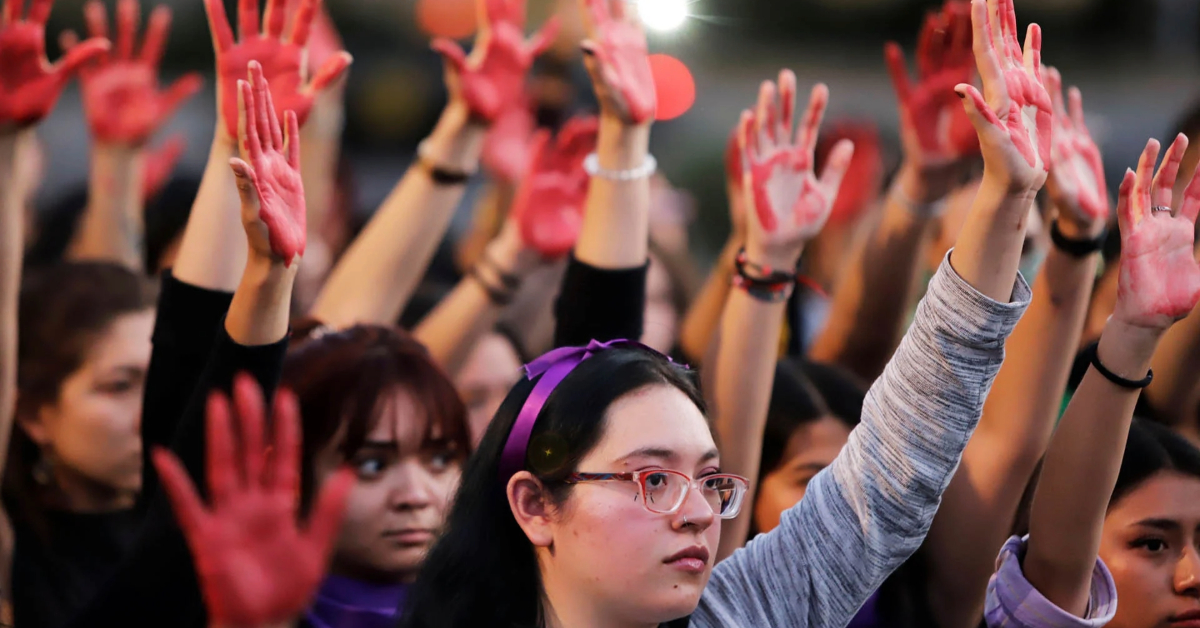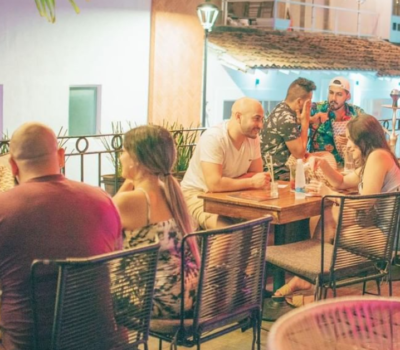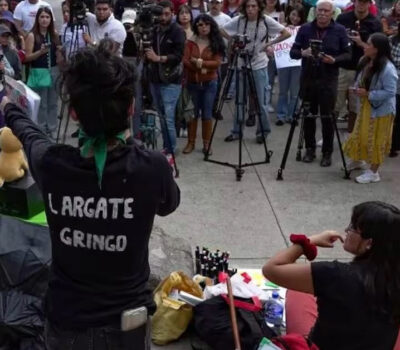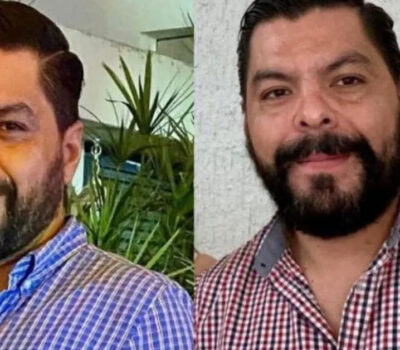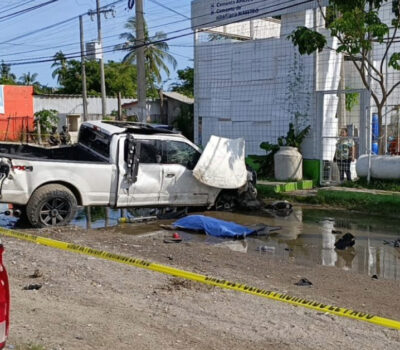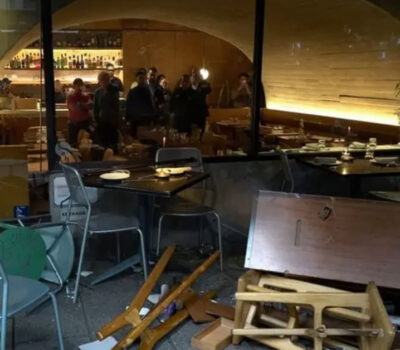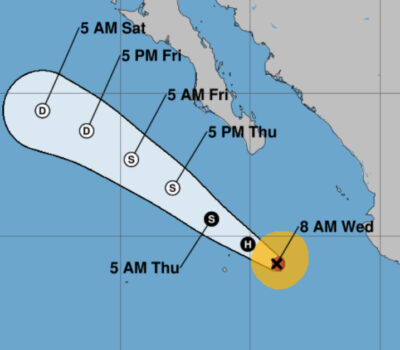PUERTO VALLARTA, MEXICO.—Of every ten femicides documented in Puerto Vallarta, only one leads to a judicial resolution—whether partial or total. The remaining nine linger in a system that victims’ advocates describe as plagued by impunity.
According to Emma Noriega, a member of the Committee of Latin America and the Caribbean for the Defense of Women’s Rights (CLADEM) and the Puerto Vallarta Women’s Collective, at least 99 women in Puerto Vallarta have been violently killed since 2012. Of those cases:
- Only 1 has resulted in full justice, meaning the responsible individual was arrested, prosecuted, and measures were taken by the state to fully repair the harm suffered by both direct and indirect victims.
- 9 additional cases resulted in what is termed “partial justice” through abbreviated or shortened trial processes—outcomes that do not provide full reparation for the victims’ families.
- 89 cases remain awaiting any form of justice.
Noriega explains that, in many cases, the state does not ensure adequate restitution for victims’ relatives, especially when trials are rushed. “In at least 10 of these cases, all the abbreviated trials follow the same pattern: the state essentially places the responsibility on the convicted person alone, without ensuring comprehensive reparation,” she said.
Misclassification Deepens Impunity
An additional problem, Noriega notes, is the consistent misclassification of these violent deaths. “Many are not recognized as femicide; they might be classified as homicide, parricide, or even suicide,” she said. Investigations into violent deaths of women, according to standard protocol, should begin under the presumption of femicide. Classifying them differently often leads to flawed investigations and, ultimately, impunity.
A Call to Action on International Women’s Day
Noriega emphasizes that March 8, International Women’s Day, marks a critical opportunity to draw attention to these cases and to review both the progress and the significant work still needed to address gender-based violence.
“Unfortunately, impunity is an issue that needs to be fought,” she stated, underscoring the importance of effective legal mechanisms, government accountability, and public awareness in preventing and prosecuting femicides.
Victims’ advocacy groups, including CLADEM and the Puerto Vallarta Women’s Collective, are urging local and federal authorities to commit greater resources and political will to these cases. They argue that ensuring full reparation to victims’ families—and guaranteeing that investigations follow the femicide protocol—represents a crucial step toward breaking the cycle of violence and impunity.
PUERTO VALLARTA, MEXICO.—Of every ten femicides documented in Puerto Vallarta, only one leads to a judicial resolution—whether partial or total. The remaining nine linger in a system that victims’ advocates describe as plagued by impunity.

